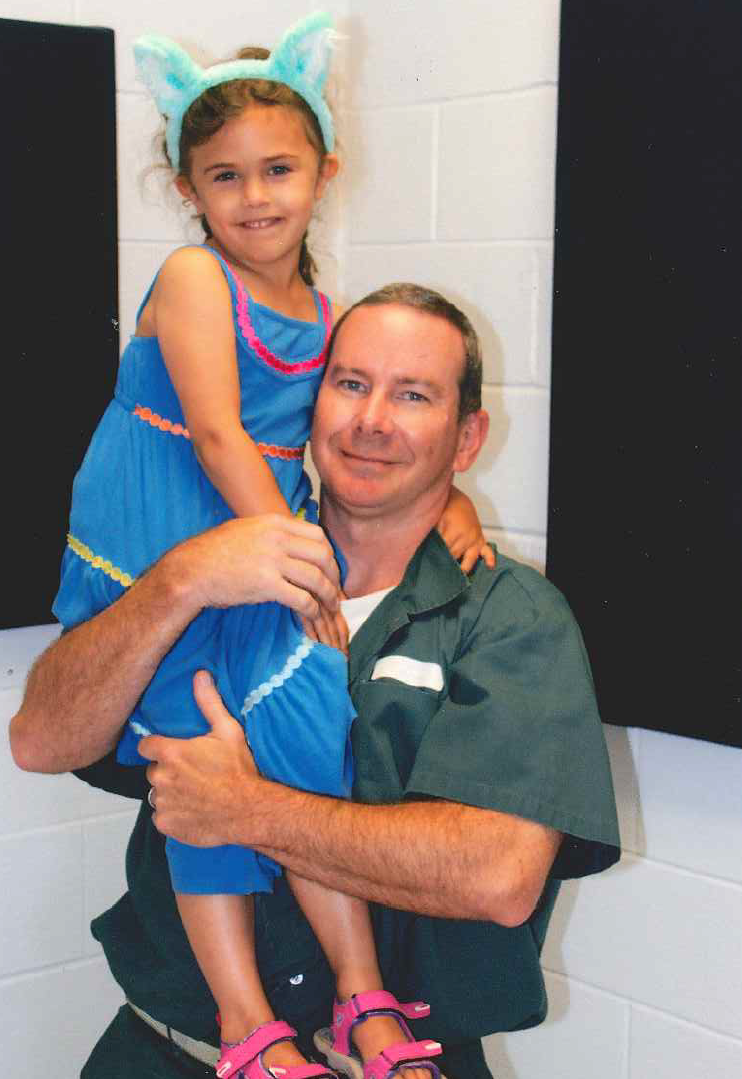How a Harmless Pot Grower Gets 15 Years As a 'Career Offender'
Long sentences mandated by Congress do not distinguish between drug offenders and violent criminals.

Three decades ago, Congress required long sentences for "a class of repeat offenders and career criminals who think they have a right to victimize their fellow citizens with virtual impunity," as President Ronald Reagan put it. But as I explain in my latest Forbes column, the definition of "career criminals" including nonviolent drug offenders, who continue to receive sentences as long as 30 years for crimes with no identifiable victims:
The first time Paul Fields was sentenced for a marijuana offense, he got probation. The second time, he got 100 days in jail. The third time, he got more than 15 years in prison.
That astonishing escalation was caused by a federal sentencing provision aimed at "career offenders," defined as people with two prior convictions for felonies involving drugs or violence who are convicted of a third such felony. Without that enhancement, which Congress seems to have mandated with scary predators in mind, Fields, who never hurt anyone and never even got to sell any of the marijuana from the 256 plants police found at his home in Jonesborough, Tennessee, would have faced a maximum sentence of two years.
A new report from the U.S. Sentencing Commission (USSC) recommends that Congress revise the career-offender provision to focus on violent criminals, which would avoid injustices like the one suffered by Fields. "The career offender directive fails to meaningfully distinguish among career offenders with different types of criminal records and has resulted in overly severe penalties for some offenders," the commission concludes. "The career offender directive should be amended to differentiate between career offenders with different types of criminal records, and is best focused on those offenders who have committed at least one 'crime of violence.'"
Editor's Note: As of February 29, 2024, commenting privileges on reason.com posts are limited to Reason Plus subscribers. Past commenters are grandfathered in for a temporary period. Subscribe here to preserve your ability to comment. Your Reason Plus subscription also gives you an ad-free version of reason.com, along with full access to the digital edition and archives of Reason magazine. We request that comments be civil and on-topic. We do not moderate or assume any responsibility for comments, which are owned by the readers who post them. Comments do not represent the views of reason.com or Reason Foundation. We reserve the right to delete any comment and ban commenters for any reason at any time. Comments may only be edited within 5 minutes of posting. Report abuses.
Please to post comments


as I explain in my latest Forbes column, the definition of....
...'victimize their fellow citizens' needs to be revisited.
'career criminal' does seem to apply, since the activity is a crime and the crime was repeated.
I don't think making the argument about definitions is productive.
(iow, my original post is about the unsubstantiated claim of victimization rather than the definition of the phrase)
They're peddling dope and addicting our children and turning them into sex trafficked zombies. They deserve everything they get.
How a harmless pot grower..........harmless?
Harmless in a state that's legalized pot maybe, but in a state where it's illegal?
Not so much.
The distribution network is rife with violent criminals. There's a lot of money at stake.
Pot--no, recreational drugs should be legal. I'm a total prohibition abolitionist. Okay?
And working to end prohibition is important.
Working as if prohibition has already been ended is stupid. Or daring. It's definitely dangerous.
If you choose to enter a field that you know is still illegal, you know that getting caught is a very real possibility--your paycheck reflects this.
But you know. You knew going in.
If you're so shitty at it that you get caught three times you deserve what you get. Crime is clearly not your bag--as your second conviction should have told you.
No sympathy
So, how is deterrence supposed to work?
This guy has two convictions and is facing a major sentence enhancer..... yet he continues growing? Did he have a clue as to the risks, or did he figure he'd get another 100 days?
Of course, if his career prospects were otherwise dim - and with two felonies, why wouldn't they be - the prospect of earning big money as a grower might have proven irresistable even if he knew about it.
So either way, what is the point? Just lock 'em up so they can't keep comitting crime? It makes sense with violent felons, but when we are talking about economic incentives, isn't this grow operation just going to be replaced by some other dude who wants the cash?
I really am unable to see how this law moves the needle at all.